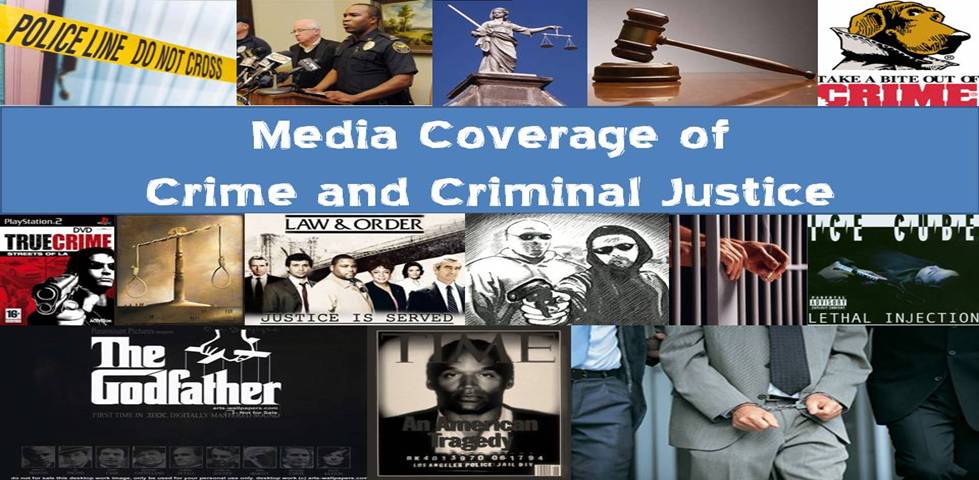1) The US leads the world in the rate of imprisonment, as well as the number of people it incarcerates.
2) This is not because we have more crime. US crime rates are average in comparison to other industrialized nations (although our murder rate is above average and our handgun murder rate is out of this world).
3) African Americans and Hispanics are disproportionately likely to be incarcerated and in fact now make up the majority of people imprisoned in the US.
4) This is in part due to their higher involvement with certain crimes, most notably robbery and murder. That greater involvement is not due to some genetic or even cultural difference between whites and people of color, but can largely be explained by social class differences--i.e., people of color are more likely to be poor, unemployed or underemployed, and facing significant and cumulative life disadvantages.
5) Yet, the main reason that people of color disproportionately likely to be incarcerated and make up the majority of people imprisoned in the US is because of bias in American institutions, most notably the law (which defines their harmful acts as crimes and especially serious crimes while simultaneously ignoring harmful acts of the wealthy) and the mainstream media (which intensely focuses its attention on crimes committed by people of color, especially poor people of color against "innocent" whites while simultaneously ignoring harmful acts of the powerful).
Yes, the criminal justice system is biased. Take the war on drugs as one example. Biased, biased, biased (even the White House now sees it!). And people are finally starting to see it, even in the media. Here is an example of a recent story from MSNBC that proves the point:
Criminal injustice: The percentage of African-Americans in prison

One
hundred and fifty years after the Emancipation Proclamation, the
progress made by African-Americans is undeniable–which is why statistics
about incarceration in the black community can be so shocking. In 2011
there were more African-Americans in prison or “under the watch” of the
justice system than were enslaved in the United States in 1850.
Michelle Alexander, the civil rights lawyer turned author, says this is in part because America’s criminal justice system perpetuates racial inequities.
“After years of representing victims of racial profiling and police brutality, and investigating patterns of drug law enforcement, and trying to help people who were released from prison face one barrier, one legal roadblock after another to get a job, getting access to housing, getting even food stamps–you know, I had an awakening that our criminal justice system now functions more like a system of racial and social control, than a system of crime prevention or control,” Alexander said on PoliticsNation Monday.
“Our nation’s prison population has more than quintupled,” she said. “And this is due largely to the war on drugs and the ‘get tough’ movement. The drug war has been waged almost exclusively in poor communities of color even though studies have consistently shown now for decades that contrary to popular belief, people of color are no more likely to use or sell illegal drugs than whites, but by waging this drug war almost exclusively in poor communities of color, we’ve now created a vast new racial under-caste.”
Since 1971, when President Richard Nixon declared a war on drugs, there has been a 700% increase in the U.S. prison population. Today, African-Americans are also more likely to spend time in prison for drug related offenses than their white counterparts. According to the Sentencing Project, African-Americans make up 12% of the nation’s drug users, but represent 34% of those arrested for drug offenses, and 45% of those in state prison for such offense as of 2005.
In her book, “The New Jim Crow: Mass Incarceration in the Age of Colorblindness,” Alexander chronicled how black youth are less likely to be drug users. White students use cocaine and heroin at seven times the rate of black students, and use crack at eight times the rate, according to a study from the National Institute on Drug Abuse.
Eugene Jarecki, filmmaker behind the documentary “The House I Live in,” thinks that Americans have been swindled into believing these higher incarceration rates among minorities are justified by drug use.
“We lived for a very long time with the idea that crack is a black drug and powder is a white drug, and the actual facts that I discovered when I made the film is that crack was never a black drug,” he said. “The majority of crack users in the United States of America are and always have been white.”
“Once you know that fact, it reminds you how much propaganda has hoodwinked us for 40 years about these drugs,” he added. As of 2002, more than 80% of Americans sentenced under federal crack cocaine laws were African-Americans, according to the Sentencing Project, which also has found black drug offenders have a 20% greater chance of being sentenced to prison than white drug offenders, while Hispanics has a 40% greater chance.
Jarecki applauds the Obama administration for taking steps to help mend the program, referring to the Justice Department’s recent push to stop pursuing charges on low level drug offenders when mandatory minimum sentences could put them away for long stretches of time.
“The president and the attorney general have actually done something in Washington where nothing gets done, they have made a very serious move against the drug war for the first time in its history,” he said, But for Michelle Alexander and Rev. Sharpton, the concern is what happens in 2016. ”Much more can be done and its going to take an awakening in our communities, and a real movement must be built if we want to end this,” Alexander said.
“We must make sure there’s not a regression after this administration,” Sharpton said.

No comments:
Post a Comment